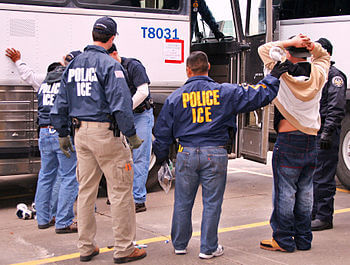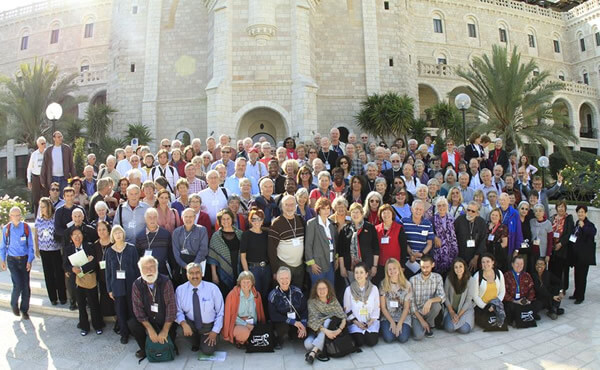Why Trump should support “Sanctuary Cities”
By Rawan ElBaba
Now that Donald Trump has been elected President, the world looks to his first 100 days in office. In an address in Gettysburg, Pa. before election day, President-elect Trump laid out his plan which focused on several things like cleaning up Washington from insiders and lobbyists, protecting America’s workers, healthcare, and of course, immigration.
It’s no secret that Trump had some serious concerns over the state of immigration to the United States. In addition to building a wall on our southern border and “extreme vetting” of people coming into the United States from “terror-prone” countries like Syria and Libya, Trump has suggested cutting off all federal funding to sanctuary cities.
What are sanctuary cities?
Beginning in 1979 with Los Angeles, cities across the country began designating themselves sanctuary cities, or cities that do not use federal funding to enforce national immigration laws. These cities also tend to block local police from working with federal law enforcement or ICE (Immigration and Customs Enforcement) to deport undocumented immigrants. During the campaign, Trump noted that “Cities that refuse to cooperate with federal authorities will not receive taxpayer dollars, and we will work with Congress to pass legislation to protect those jurisdictions that do assist federal authorities.”
Cancelling “all federal funding” to huge cities like San Francisco, New York, Chicago, and Los Angeles is incredibly problematic for several reasons. Without federal funding, over 300 U.S. cities risk losing millions of federal dollars that supports transportation, housing, health, public safety, welfare, and education programs. Cities like San Francisco would even risk losing reimbursements it receives for Medicaid. Remaining sanctuary cities would also force cities to lose federal grants separate from funding accounted for in city fiscal budgets.

Sanctuary cities are home to large immigrant communities and provide safe havens for those who may be undocumented. More importantly, they allow undocumented immigrants to work with local police in fighting or reporting crime without fear of deportation which builds trust within the community. Also, without the protection of sanctuary cities, a “show me your papers” culture will inevitably and easily lead to profiling.
Pressuring our major population centers to end their protection of and cooperation with the undocumented would be a huge setback for immigrants and could infringe upon the Fourth Amendment protections “to be free from unreasonable stops and seizures at the hands of the police.” By authorizing police officers to question the legal status of anyone they detain, law enforcement would likely rely on profiling and stereotypes about physical appearance, types of dress, facial hair, accents and name.
Mayors from major cities like Seattle, New York, Philadelphia, San Francisco, Los Angeles, Chicago, Minneapolis, Newark, and Providence have released statements since the election results reassuring their constituents that they are safe in their cities and plan to continue being safety nets for immigrants. Some of the mayors argue that this policy is an issue of public safety in that victims or witnesses of crimes can come forward to the police without the fear of having their legal status questioned.
Blocking federal funding from cities committed to protecting their city’s immigrants is what Mayor Betsy Hodges of Minneapolis, MN calls “scapegoat politics.” Put simply, these cities believe that local police have no place doing the job of federal law enforcement and have pledged to continue fighting for immigrants.
(Rawan ElBaba works with the Arab American Institute in Washington D.C.)


- Israelisnipers shooting and killing hospital workers in Gaza - December 11, 2023
- CAIR Condemns Israeli Executions of Wounded, Unarmed Palestinian in West Bank - December 11, 2023
- Arab and Muslim American voters face a “simple choice” between Biden’s inhumanity and Trump’s edgy politics - December 9, 2023
























